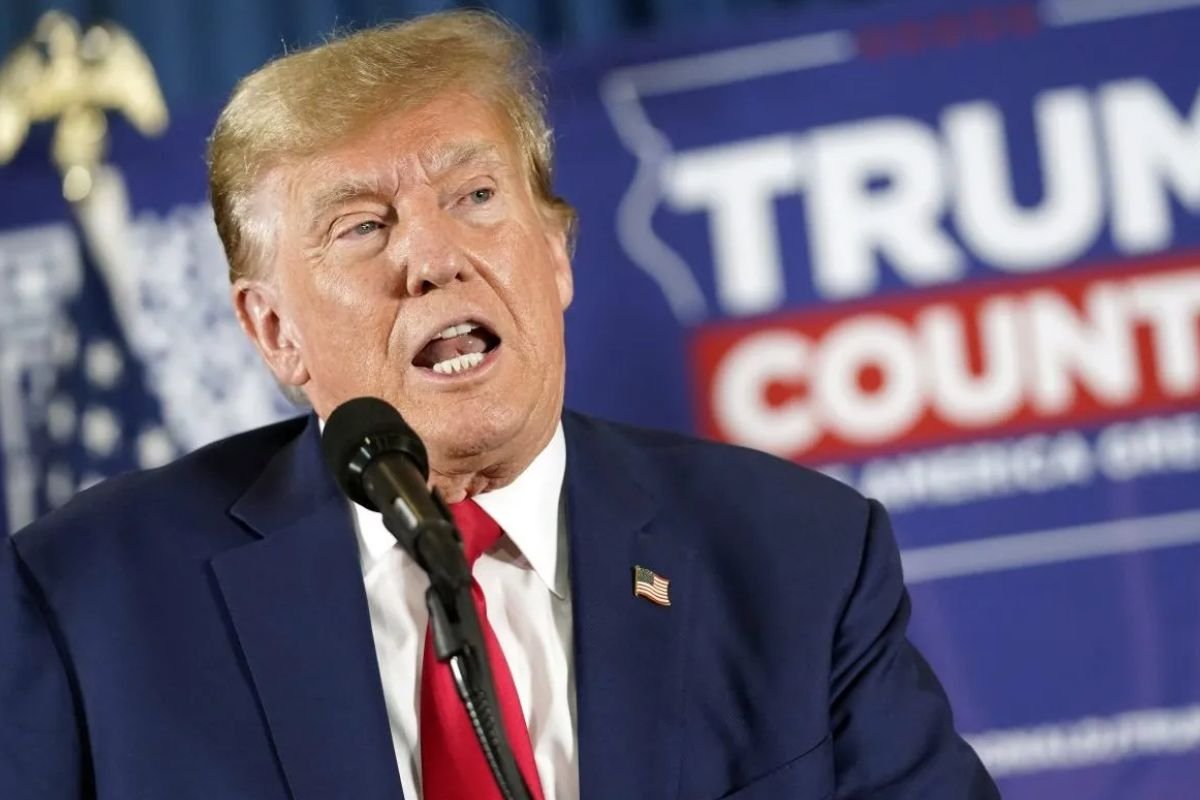Source – thehill
The recent meeting of the Georgia Election Board, held to discuss new rules for the upcoming November vote, drew considerable attention, not just from those present in the packed room at the state Capitol in Atlanta but from across the nation. Among the attendees, there was a clear show of support for Janice Johnston, a retired obstetrician, who has repeatedly alleged, without evidence, that the 2020 presidential election in Georgia was marred by fraud.
Johnston, along with two other pro-Trump board members, has become a focal point in former President Donald Trump‘s efforts to influence the election process in the state. At a rally in Atlanta, Trump praised these board members, calling them “pit bulls fighting for honesty, transparency, and victory.”
The actions and comments from Trump have sparked concern among election administrators, democracy advocates, and political figures in Georgia, including some Republicans. They fear that Trump’s focus on the state election board suggests a strategy to challenge the results should he lose in Georgia again, similar to his attempts in 2020. The board, which now has a clear pro-Trump majority, has already begun implementing new rules that critics argue could undermine the electoral process, creating unnecessary burdens for election workers and potentially delaying the certification of results.
New Rules Spark Controversy
The board’s recent approval of several new rules has been met with both support and criticism. One of the most contentious rules allows county-level election boards to conduct “reasonable inquiries” if they have doubts about election outcomes. Critics argue that the rule is vaguely defined and could lead to partisan delays in certifying results, particularly at the state level, which could have severe implications in a tightly contested presidential race. The potential for such delays is troubling, especially considering the fixed and inflexible timeline for determining presidential electors.
Another rule requires anyone delivering a mail-in ballot on behalf of another person to provide identification, ensuring they are legally permitted to do so. If the required ID is not presented, the ballot is marked provisional and could go uncounted if verification is not provided later. Local election officials have voiced concerns that this rule could result in legitimate votes being discarded, as there is no specific provision in Georgia election board law that mandates such identification for in-person ballot submission.
Reactions and Implications
The recent changes have prompted varied reactions across the political spectrum. While Trump supporters have hailed the new rules as necessary for ensuring election integrity, others have expressed deep concerns. Critics, including former Fulton County Board of Registration and Election chairman Cathy Woolard, predict legal challenges to the rules, noting that the board’s actions could lead to confusion and controversy during the election process.
The state’s top election official, Secretary of State Brad Raffensperger, has also weighed in, directly addressing Trump’s influence by reaffirming the security of Georgia’s elections. In a tweet aimed at Trump, Raffensperger emphasized that the upcoming November election results would reflect the will of the people, warning against undermining public trust in the process. As the November vote approaches, the actions of the Georgia Election Board and Trump’s continued involvement are likely to be closely scrutinized, with the potential to shape not only the outcome in Georgia but also the national political landscape.









